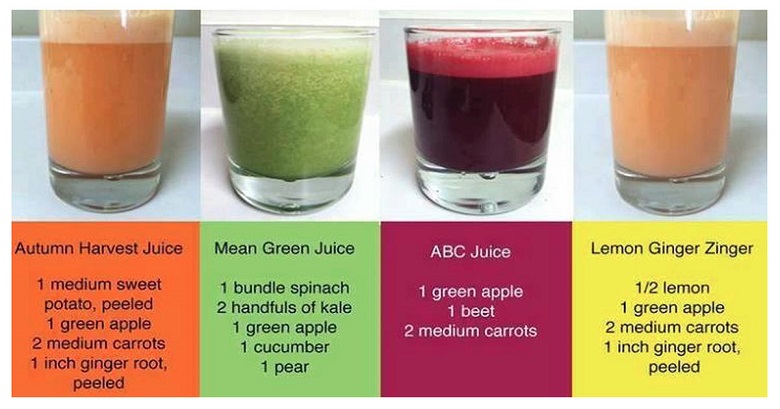Losing weight isn’t an easy feat. But it’s certainly rewarding!
Maintaining weight loss isn’t just about exercise, it also requires a drastic change in the way you eat.
For one English dad, juicing was the answer to his debilitating weight and chronic health problems.
Adams’s Story
48-year-old Adam Harding-Jones gained incredible amounts of weight after his relationship fell apart. Before he knew it, he was over 420 pounds.
Jones suffered from high blood pressure, kidney failure, fatty liver disease, prediabetes and high cholesterol. He began fearing that his eating habits would leave his 14-year-old daughter an orphan.
“I knew I was on a slippery slope. My body was giving me a warning. I felt permanently not very well. I had an impending doom.” said Adam.
That’s when he saw the documentary “Fat, Sick And Nearly Dead”, which chronicled the weight loss journey of Joe Cross.
Cross lost 100 pounds by following a juice diet, beating his auto-immune disorder and getting off all the drugs he had been prescribed.
Jones felt inspired to start a weight loss journey of his own, banishing bread, dairy and processed food from his kitchen. He even quit his daily habit of McDonald’s breakfasts and kebabs.
After a year of strict juicing, cycling and running, Jones lost over 100 pounds and 16 inches around his waist.
“Over the last few years I felt horrendous and I felt older than I actually am. But now I feel a lot younger. I am doing a lot of things I never thought I’d get to do. I feel brilliant and when I think back to how ill I was and how bad I felt, I just never want to go back.”
Jones now juices twice a day, drinking concoctions of 20% fruits, 80% vegetables for breakfast and lunch. For dinner, he eats fresh vegetables and fish or lean protein. He also cycles, runs and works out regularly.
Is Juicing Healthy?
“If you’re not big into fruits and vegetables, it’s a good way to get them in,” says nutritionist Jennifer Barr, RD, of Wilmington, DE.
“Aim to eat two whole fruits and three to four vegetables a day. Choose them in different colors, so you get a good mix of vitamins and minerals”, she suggests.
However, Brandon Kolar, a personal trainer and nutritionist in Boston, MA warns that juice isn’t a well-balanced meal. Although juice provides antioxidants, vitamins and minerals, juice lacks fiber and protein, which can lead to metabolic and muscular issues.
He also warns against drinking pure fruit juice, which contains high levels of sugar.
Juicing vs. Blending
While juicing is healthy, it’s much better to blend your juice.
Blending keeps the insoluble fiber found in fruits and vegetables, which slow down nutrient and energy release, keeps you full longer and helps bowel movements.
If you’re keen on juicing, keep vegetable pulp to make broth, pasta sauce or veggie burgers. You can also add fruit pulp to cakes and muffins. Use pulp immediately or freeze for future use.
Juice Tips
For best results, remove seeds and rinds from your fruits, cutting them into small pieces for better blending.
To bulk up your juice, try adding oats, ground flaxseed, hemp protein, greek yogurt or nut better, which contain fiber and protein.
It’s important to drink your juice within 24 hours of making it. It should also be refrigerated immediately after being made.
